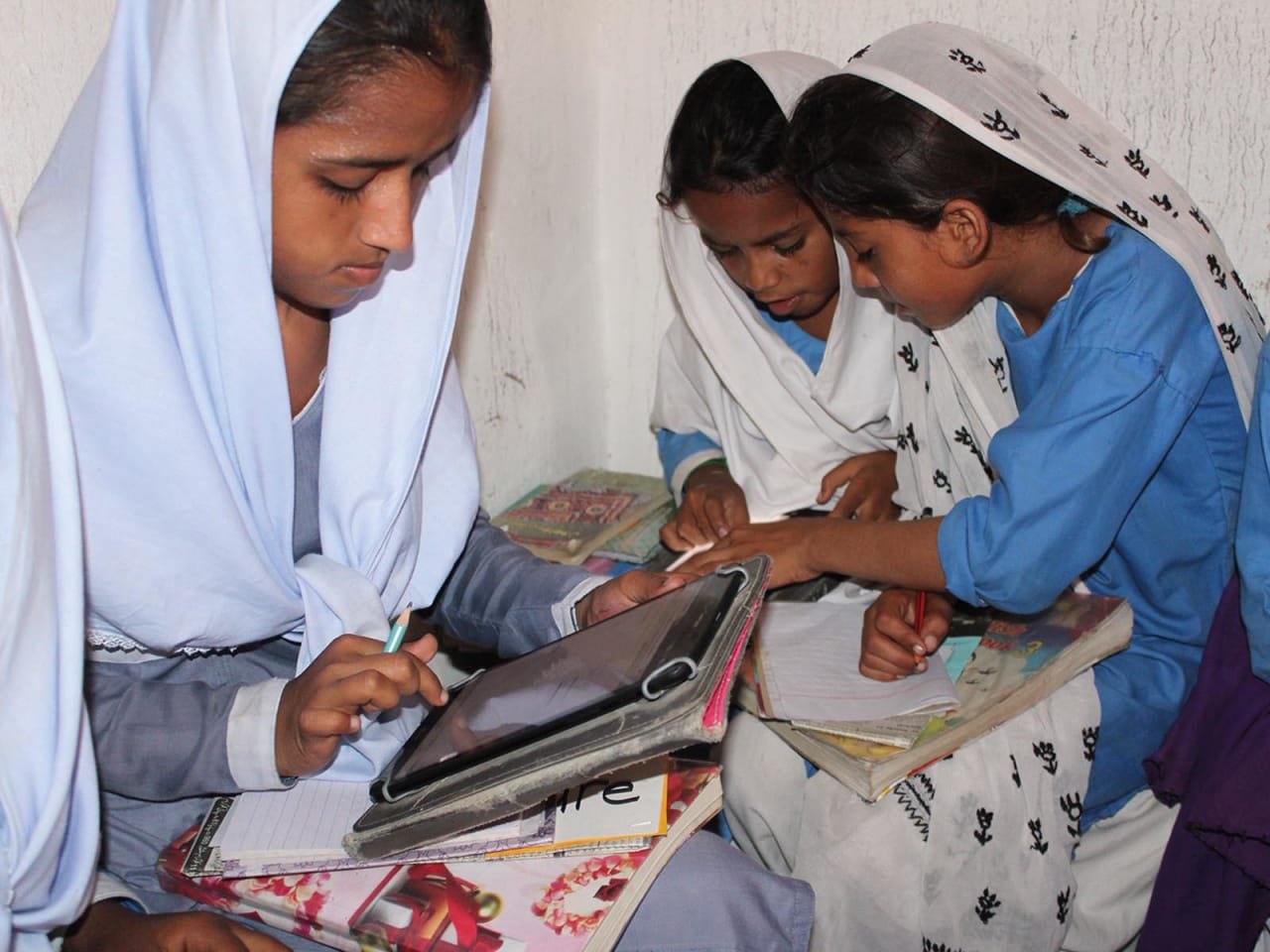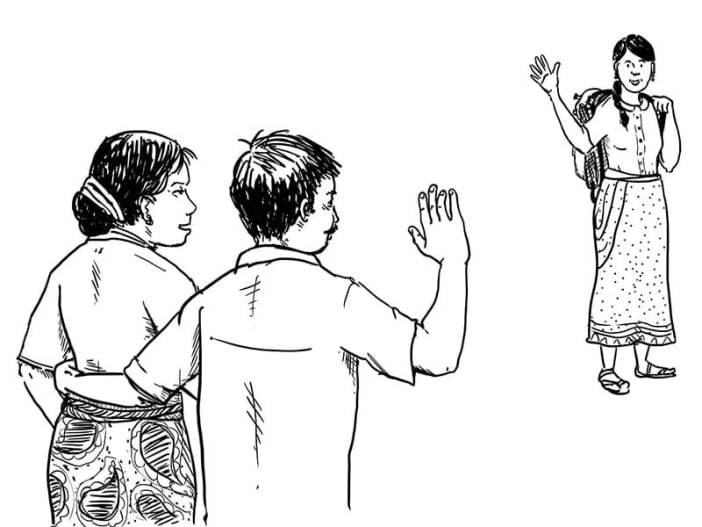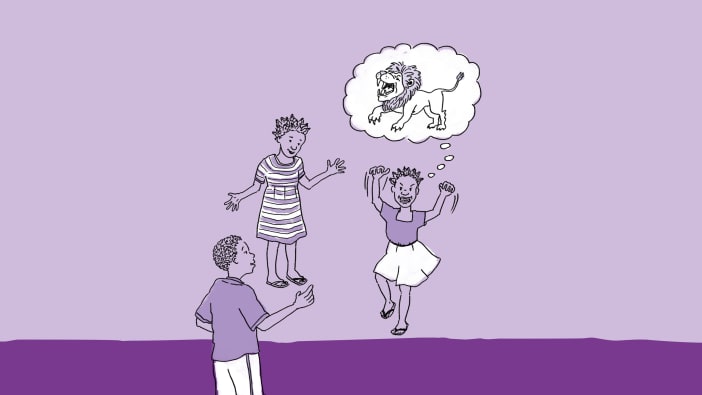Digital technology – especially the internet – has transformed the world we live in. Globally, young people (aged 15 to 24) are the most connected. Unicef reports that nearly three-quarters of young people use the internet, compared to about half of the overall population.
The internet offers opportunities for young people to learn, socialise, find work and make their voices heard. As people interact online, barriers associated with age, gender, ethnicity, disability, wealth and status are broken down. Information and answers to questions are often easy to find, and support groups can provide help and encouragement.
However, there are some risks associated with being online. These include bullying, misuse of private information (including identity theft) and access to inappropriate or false information.
The internet may also increase social and economic divisions between those who are connected and those who are not.
Opportunities and risks
Use this poster to start discussions about the opportunities and potential challenges of internet connection. Even for people who are not yet online, these discussions will help them to know where to find trustworthy information, what to avoid and how to stay safe when they do become connected.
Discussion starters:
- What do you think are the benefits of having access to the internet? Are there any disadvantages?
- Do you think saying things online is the same as saying things face to face? Why/why not?
- What would you do if you saw something online that you did not like (eg sexual or violent content)?
- How can you make sure that strangers cannot see or use private information about you? (See www.staysafeonline.org for more information.)
- What would you do if someone you met online asked you for money or wanted to meet you?
Case study: where there is no internet
Only about seven per cent of landless farmers in Sindh province, Pakistan, know how to read and write, compared to a national literacy rate of 60 per cent. One of Tearfund’s partners is working with the communities to establish community-run schools and adult literacy classes.
The school management committees realised that lack of access to the internet meant that their children and young people were missing out, compared to youngsters in other parts of the country. They asked Tearfund’s partner to help them find funding so they could buy hand-held computers (known as tablets) for some of the schools.
The tablets are pre-loaded with digital lessons, educational games and other information. The information is regularly updated when the tablets are taken to the nearest town. Some of the tablets are also equipped with a device to allow a small amount of internet connection in the villages. They come with solar chargers and battery packs.
The teachers use the tablets to enhance their lessons, while at the same time showing the children how to use the technology. The tablets also provide opportunities for discussion about the benefits and risks of the internet, in preparation for when they have more permanent access to it.
For more information, please email [email protected] or write to Footsteps Editor, Tearfund, 100 Church Road, Teddington, TW11 8QE, UK.
Further reading
Children in a digital world
State of the world’s children report 2017, Unicef
A comprehensive look at the different ways technology is affecting children and youth in today’s digital age. Download the report free of charge from www.unicef.org/sowc2017










